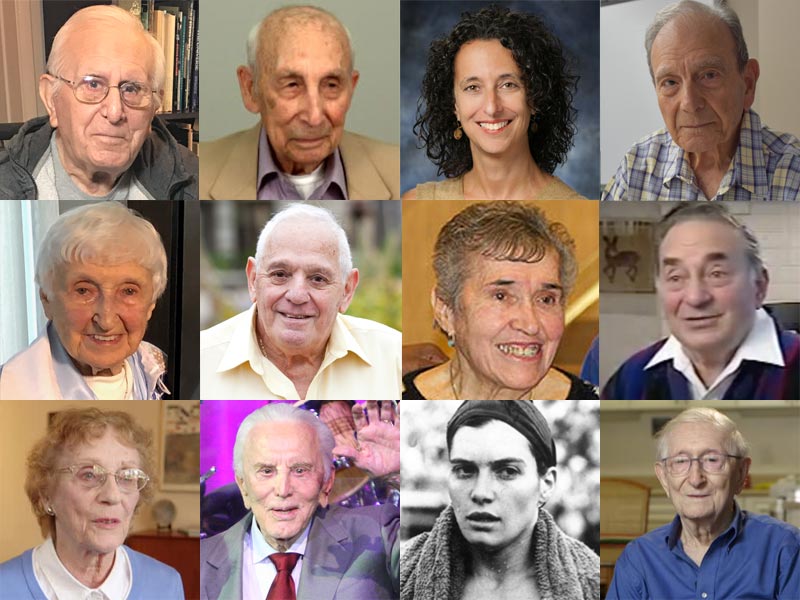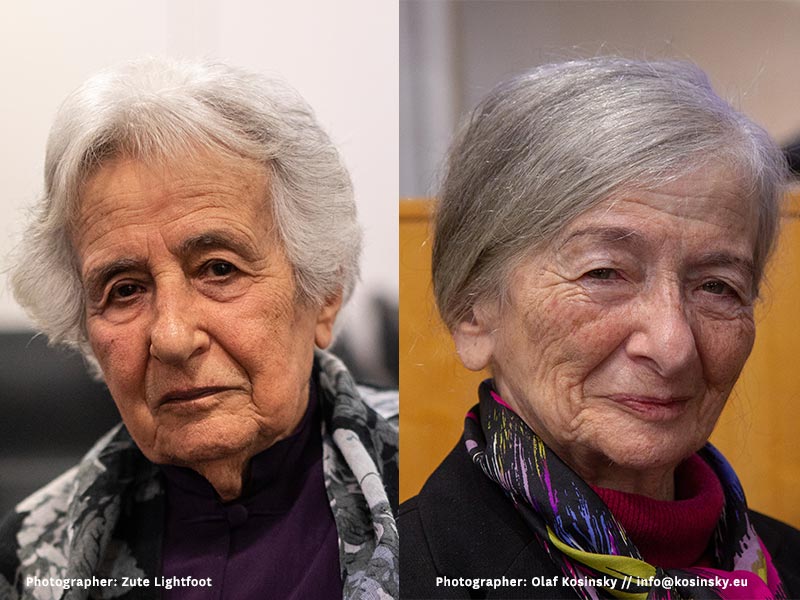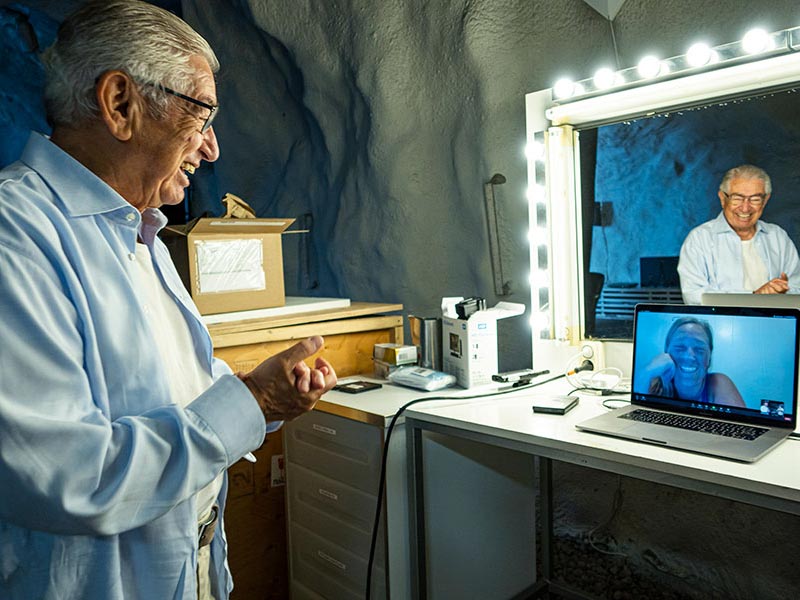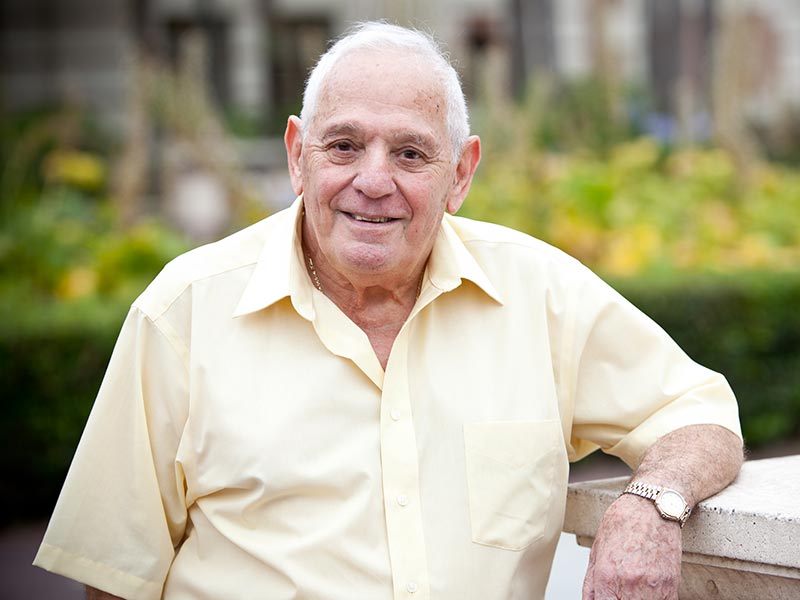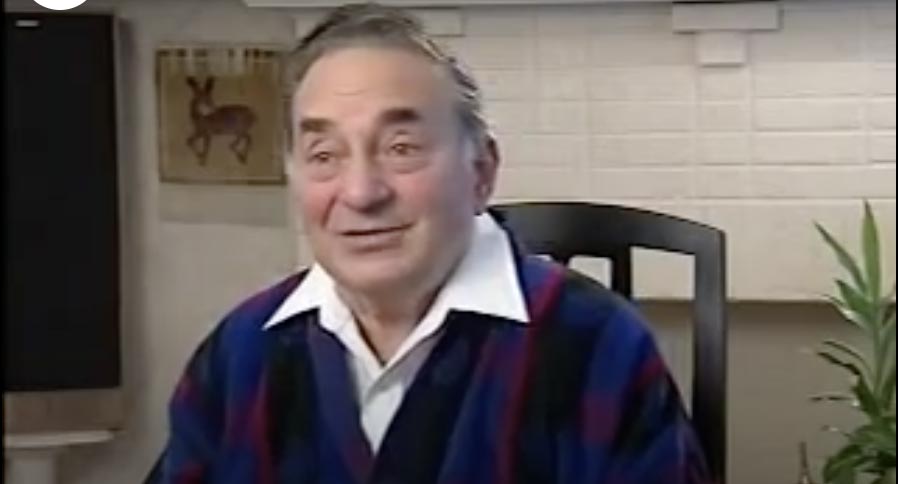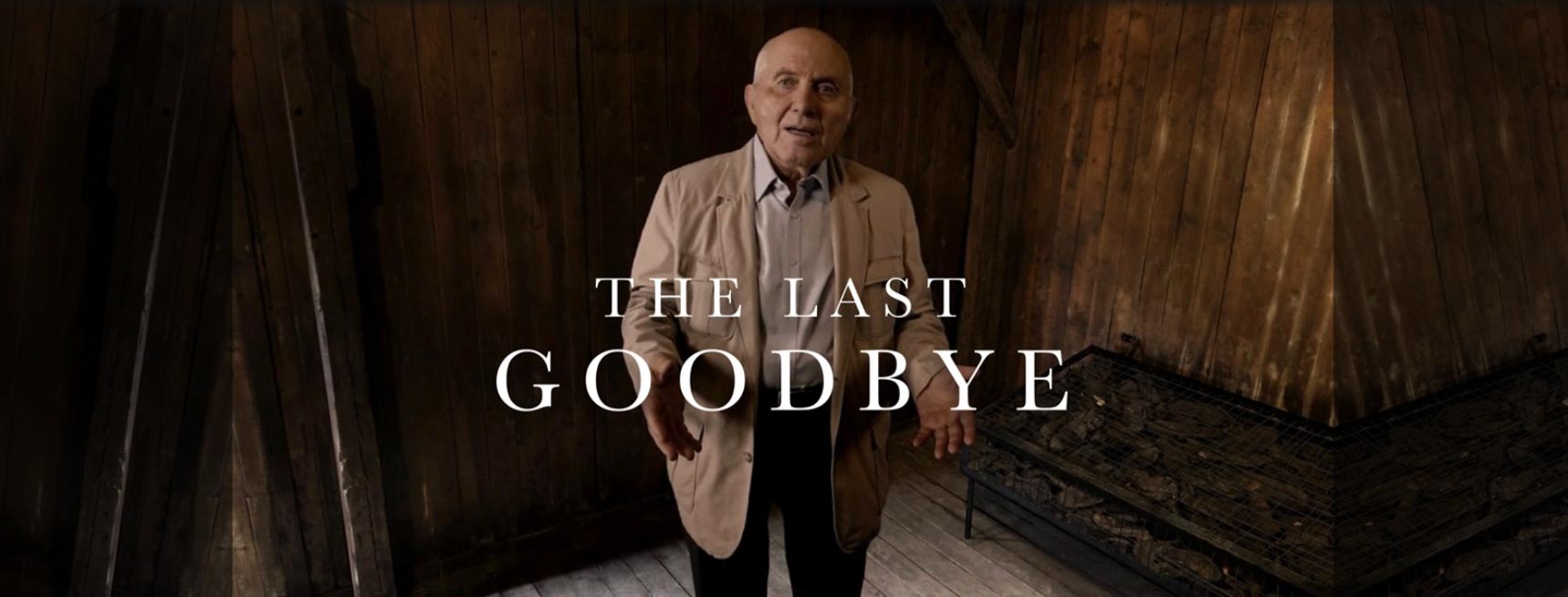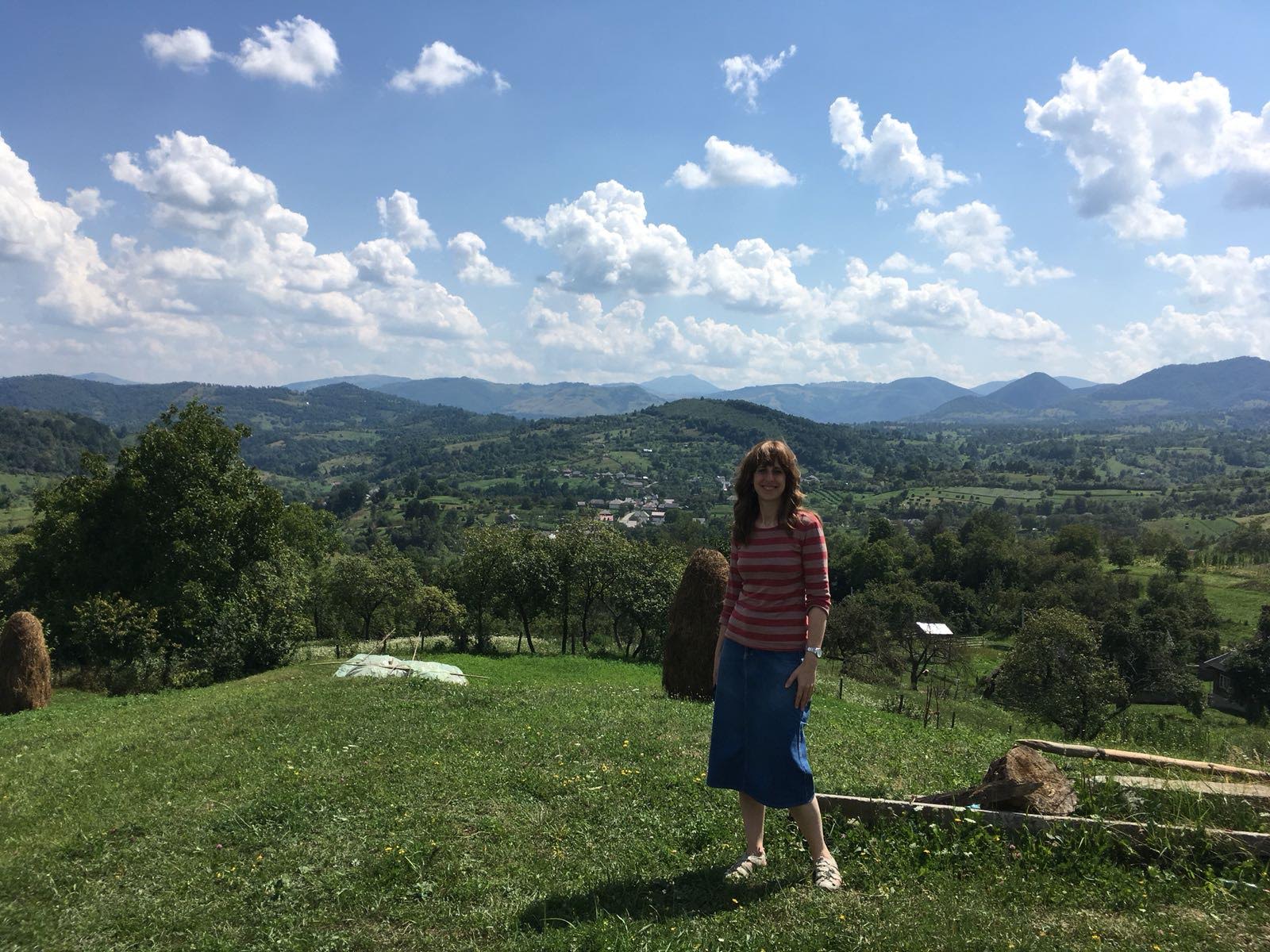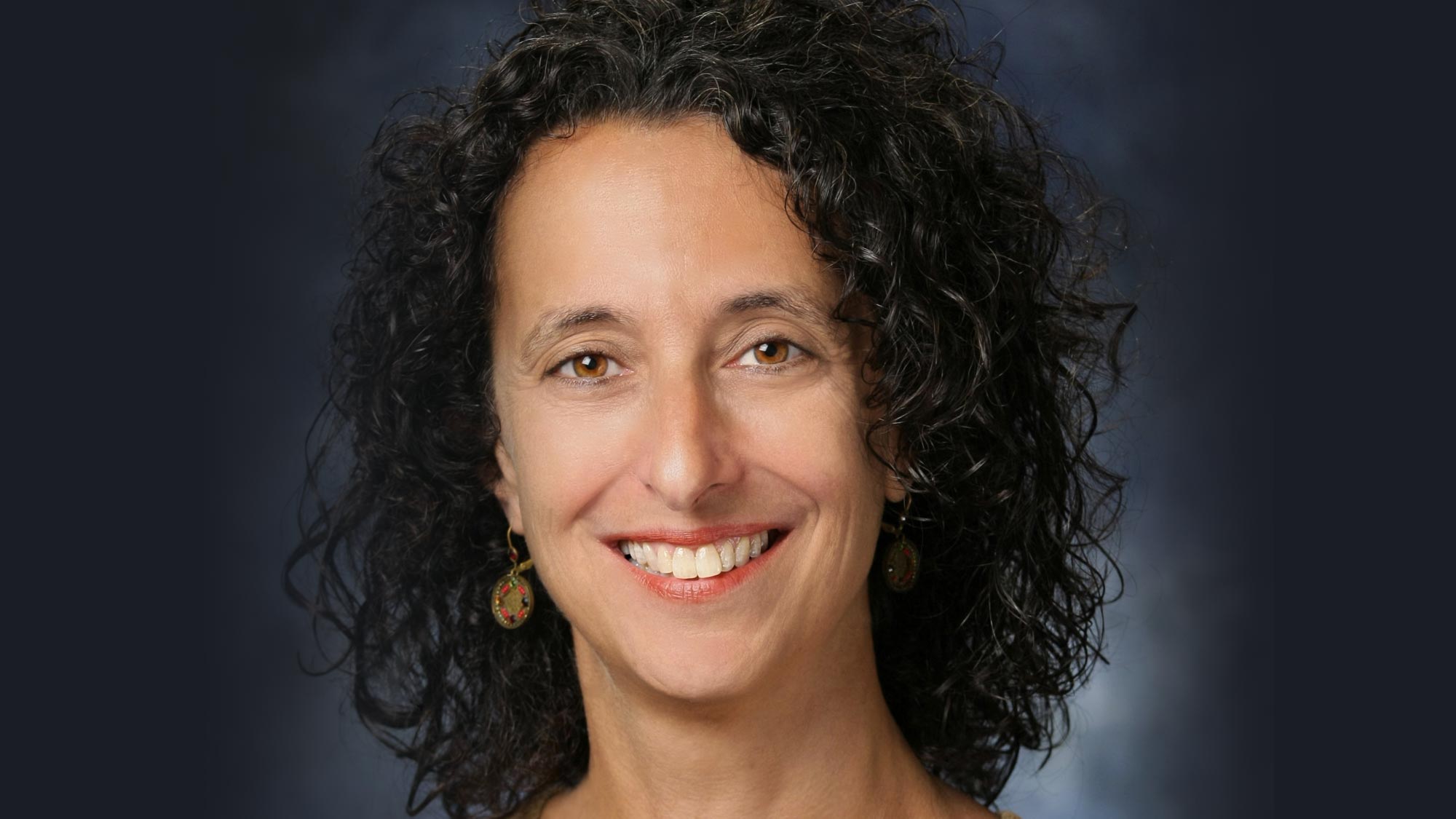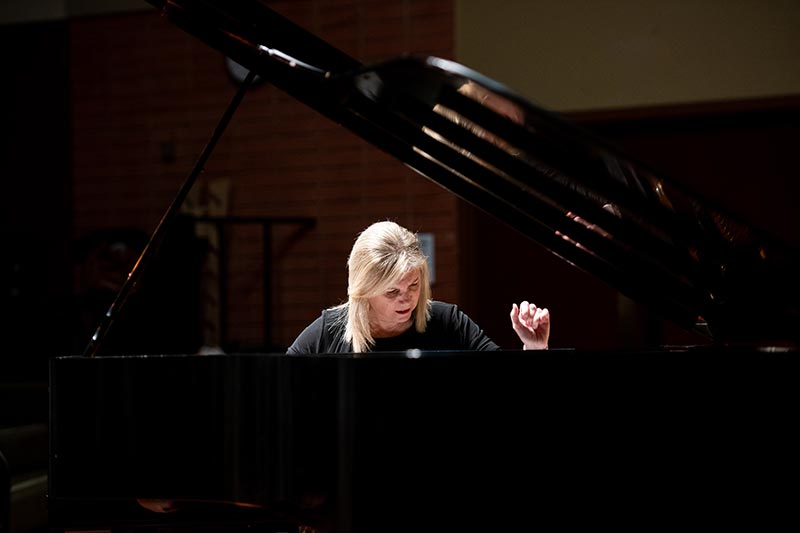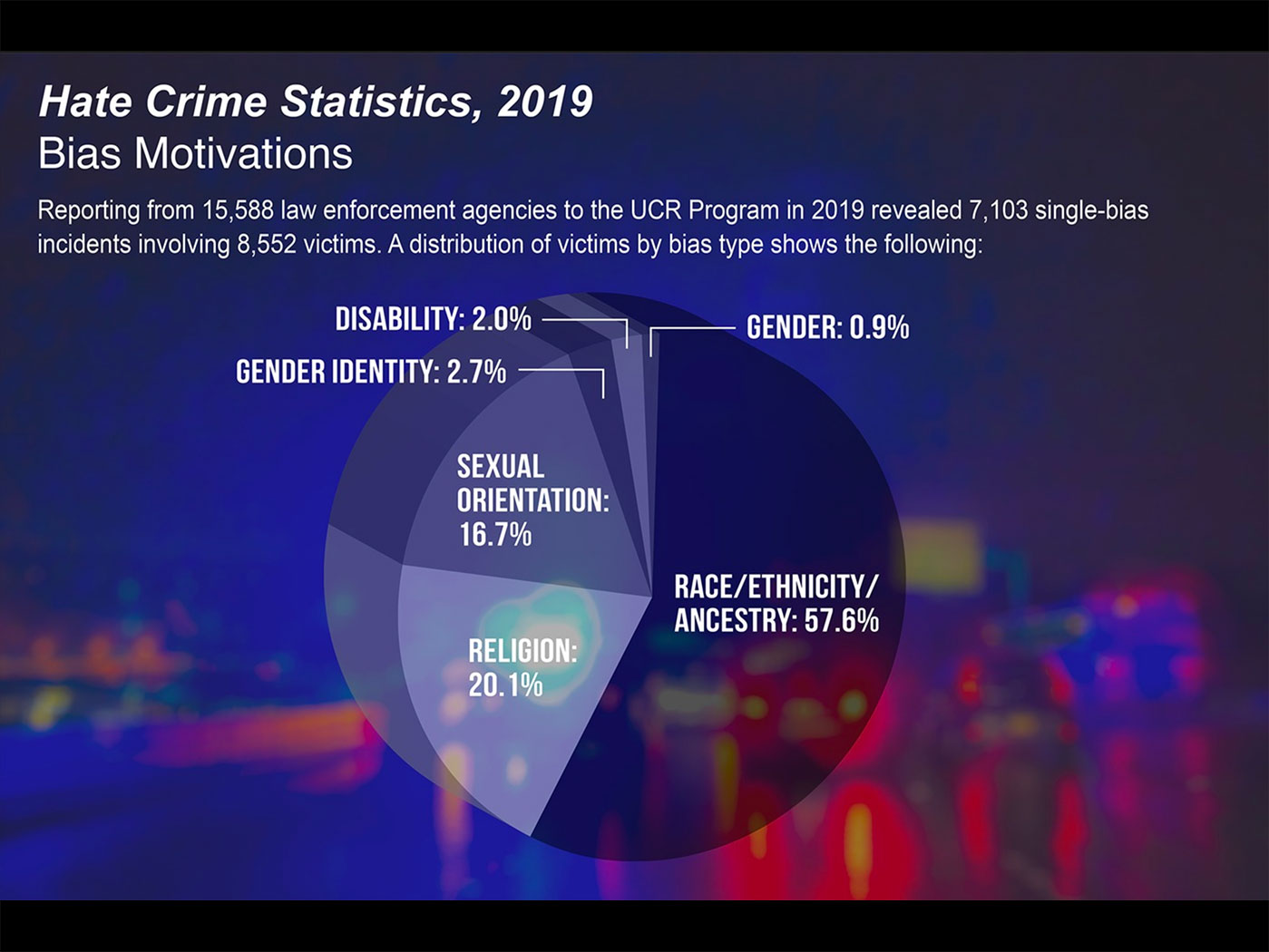The Institute mourns the passing of members of our community in 2020, including survivors who have given testimony Hanna Pankowsky, Dario Gabbai, Anneliese Nossbaum, Éva Székely,
In recognition of their service as witnesses to the Holocaust, German President Frank-Walter Steinmeier honored survivors Anita Lasker-Wallfisch and Henrietta Kretz with the highest civilian honor, the Order of Merit. Due to the pandemic, the president was unable to confer the medals personally but sent handwritten notes acknowledging their dedication to keeping the memory of the Holocaust alive and providing a strong voice against current antisemitism, right extremism and racism.
USC Shoah Foundation today mourns the loss of a close friend, George Weiss, a longtime volunteer with the Institute and a Holocaust survivor who endured homelessness and life on the run as a young child separated from his parents in both France and Belgium during the war. He was 87.
Weiss was a familiar and beloved presence at the offices of the Institute, stopping in every week to curate and work with clips of video testimony from the Visual History Archive, which contains 55,000 life stories of survivors and witnesses to the Holocaust and other genocides.
We are very saddened at the USC Shoah Foundation to learn that our friend and Holocaust survivor Cantor Moshe Taube has passed away at age 93. Cantor Taube was among 1,200 Jews saved by Oskar Schindler during the Holocaust and led in the chanting of prayers at Congregation Beth Shalom in Pittsburgh.
The Last Goodbye virtual reality experience is now available on Oculus Rift.
Four years ago, Pinchas Gutter traveled back to the Majdanek concentration camp in Poland, where he had been imprisoned as a child during the Holocaust. In this emotional journey, Pinchas shares his firsthand testimony of what he saw and experienced there and invites you into the spaces and memories with him.
I never intended to spend months listening to Holocaust testimonies.
My name is Chaya Nove, I am a sociolinguist working on a doctoral dissertation about language change in Yiddish vowels. In my research, I consider the Yiddish spoken by Hasidic Jews in New York today (Hasidic Yiddish, or HY) as a living, changing language, with the understanding that this language was once spoken by a group of people in another time and place.
We are very saddened to learn of the passing of our dear friend and valued colleague Dr. Sharon Gillerman on November 20, 2020, at the age of 60.
Sharon was a scholar in Jewish history on faculty at the Hebrew Union College-Jewish Institute of Religion (HUC) and at USC for more than 20 years. Her scholarship focused on modern German and central European Jewish history with a particular interest in gender history, cultural studies, popular culture, and transnational history.
During Florida’s Holocaust Education Week, 12,000 students and educators from school districts across the state experienced a livestreamed theatrical performance and concert with author and virtuoso concert pianist Mona Golabek.
A recording of the broadcast can be viewed on Facebook.
A new FBI report says hate crimes increased dramatically last year by the highest margin since 2008.
Antisemitic hate crimes rose by 14 percent with a total of 953 hate crimes recorded against Jews and Jewish institutions. Reported incidents of assault, vandalism and harassment included a white supremacist shooting at a Chabad center in Poway, California, a shooting in Jersey City, New Jersey, and a stabbing in Monsey, New York.
